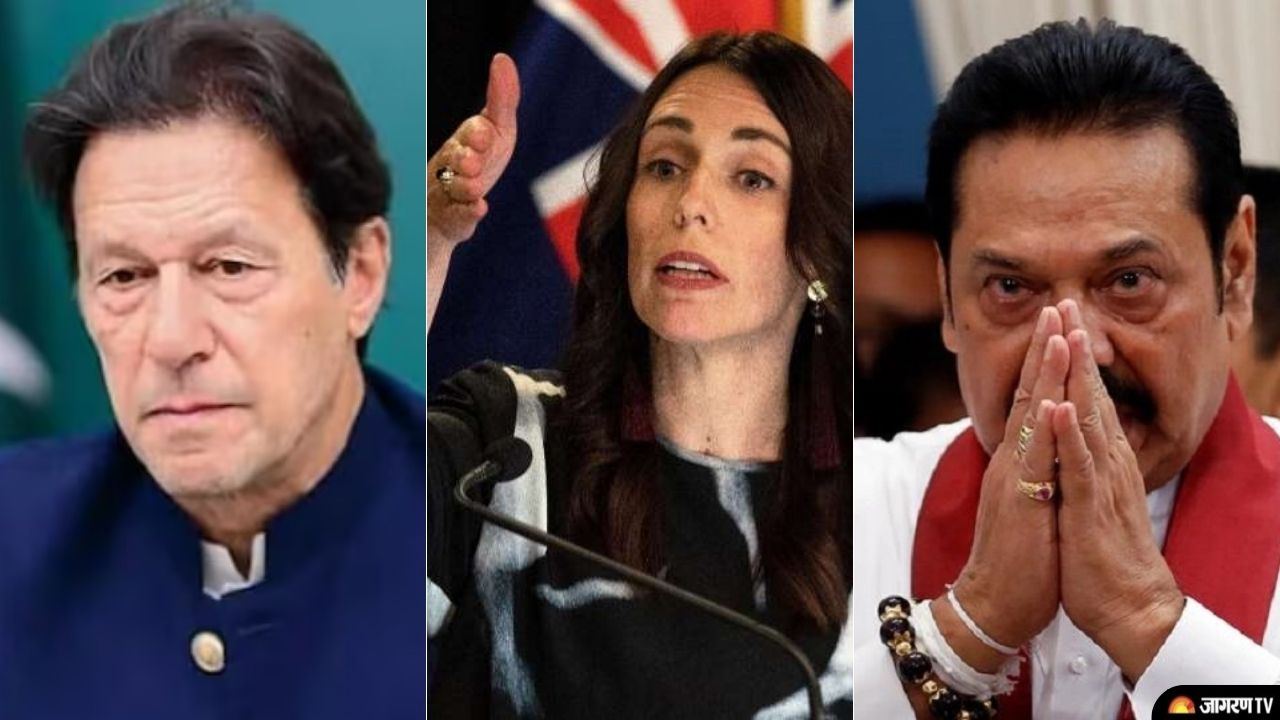List of World Leaders who gave Sudden Resignations: Jacinda Ardern to Gotabaya Rajapaksa

Jacinda Ardern, the prime minister of New Zealand, declared on Thursday that she would step down in a month. Recent surveys show a decline in Ardern's popularity as well as that of her party and herself. Ardern was appointed prime minister in a coalition government in 2017 and then led her center-left Labour Party to a resounding win in an election three years later. Ardern stated that she would continue to serve as an electorate MP until the upcoming general election, which will take place on Saturday, October 14.
Prime Ministers and Presidents who Gave Resignations from their Positions
-
Nguyen Xuan Phuc- Following the resignation of Vietnam's president, Nguyen Xuan Phuc, there may be a change in the country's communist-run government's balance of power.
-
Liz Truss- She was the shortest-serving prime minister in British history. She announced her resignation having clocked up just 44 full days in the role
-
Gotabaya Rajapaksa- In the midst of widespread protests over his poor management of the economy of Sri Lanka, Mr. Rajapaksa resigned and fled to Singapore.
-
Mario Draghi- Mario Draghi resigned as prime minister fter he was appointed as Italy's unelected head of a unity government.
-
Saad Hariri- Lebanon Prime Minister-designate Saad Hariri stepped down on Thursday after failing to form a government for over the past eight months.
-
Boris Johnson- He announced his resignation on July 7, 2022 after losing support from his party.
-
Gordon Brown- He resigned as PM and leader of his party after losing the 2010 general election. He was PM for 2 years and 319 days.
-
Theresa May- She resigned in July 2019 after being unable to pass her Brexit Withdrawal Agreement. She had been in power for 3 years and 12 days.
-
Imran Khan- Former Prime Minister Imran Khan decided to tender his resignation as a member of the National Assembly ahead of the election for the new PM of Pakistan.









